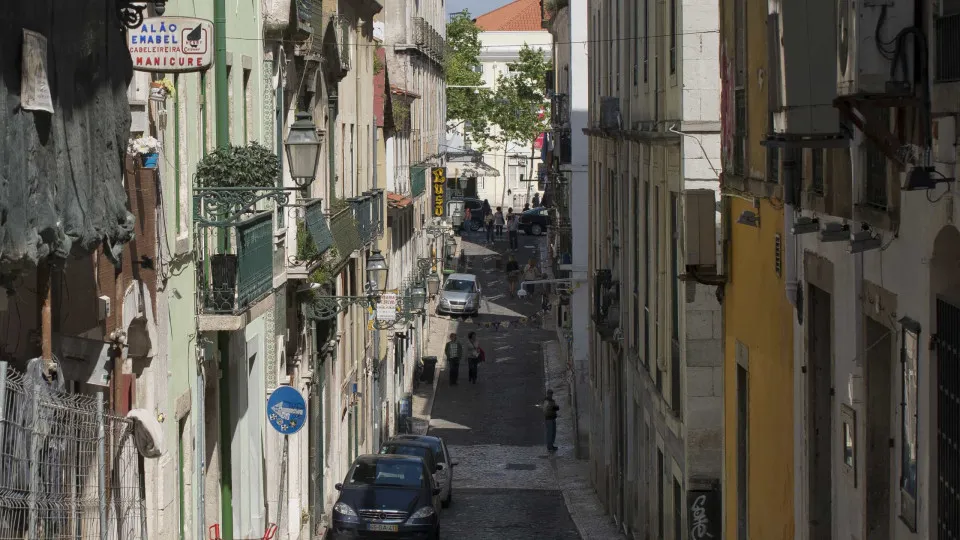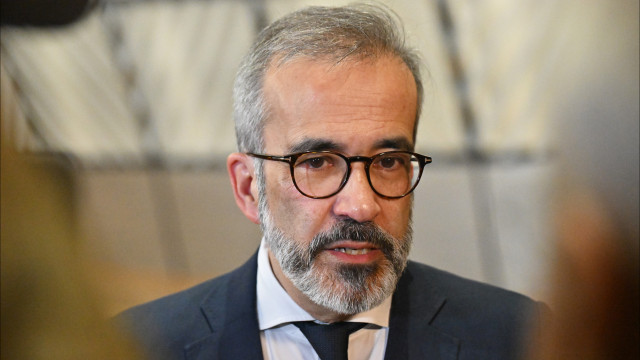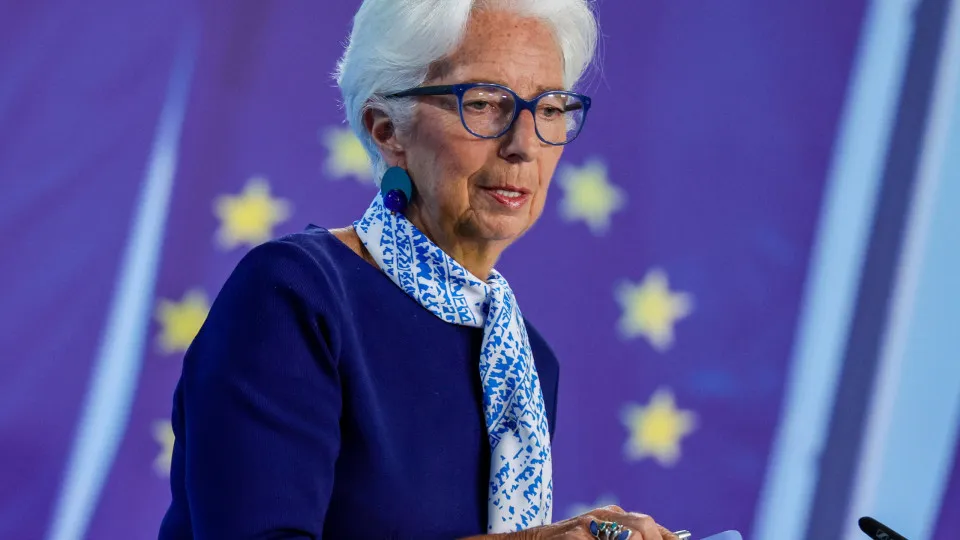
The Prime Minister, Luís Montenegro, announced over the weekend that the government aims to give “a new impetus” to housing, and will therefore present several measures this week, some of which have already been hinted at. What is known?
At the closing session of the 21st edition of PSD’s Summer University, held in Castelo de Vide (Portalegre), Luís Montenegro unveiled more investment for affordable housing and that the government will set a deadline for state departments to justify unused properties.
What will change?
As a first measure, he announced that on Thursday, a new 1.3 billion euro credit line for affordable housing will be signed with the European Investment Bank (EIB).
Additionally, the government wants to “go further” in utilizing state assets, setting a deadline for all public entities to explain why these assets remain unused – this is the second measure.
“We’ve been deceiving each other, and that’s going to end. We will not allow public property to be degraded without use or justification. Where there is no justification, it must be made available for use, either in the public or private sector,” he asserted.
The Prime Minister explained that when there is no justification for unused properties, they will be transferred to the company managing the state’s real estate, Estamo.
“Simply put: we will ask a state department, you have an abandoned house there, what do you want to do with it? Why is it abandoned? If there is no project for it and it’s to remain abandoned, we will give it to Estamo, and they can build, rent, or sell and make it profitable,” he explained.
A third measure will be the creation of a unified digital record that initially gathers all the certified property documents, with the aim of adding “the tax matrix in finances and the property description in conservatories” in the future, so citizens “do not need to collect papers and make requests from the administration.”
Among the package to be announced this week, the Prime Minister highlighted a fourth measure: the government will “once and for all” define the role of each organism in the housing sector, giving IHRU (Housing and Urban Rehabilitation Institute) “the functions of coordination, regulation, and planning of public responsibilities in Portugal’s Housing sector.”
“We want the Portuguese Development Bank to be the partner for financing all operations that will provide people and families with more houses to rent and buy, at affordable prices,” he added.
On the other hand, the “execution, ownership, and management of public assets” responsibilities will rest with local governments, with the Prime Minister committing to provide municipalities with “technically and financially practicable conditions to promote good management of the state’s housing stock.”
“Forgive the expression, but I’ll use it so the Portuguese understand. Each monkey on its own branch, each has its responsibility, each fulfills its task and mission,” he asserted.
Moreover, the government wants to continue negotiations to establish “a guarantee line within the Portuguese Development Bank” for the 133,000 public housing units listed in local housing strategies, accusing previous socialist governments of not providing them with the means.
Montenegro admitted that the challenge in housing “is huge, but it must be overcome and won.”
“And it will be, I assure you, it will be. It will take some years, but it will be (…) Those who demand results in months, or even in a year or two, after having failed for more than a decade, will have to be patient, because we will persist, we will decide, and patiently, with the Portuguese people, we will achieve the result,” he assured.




